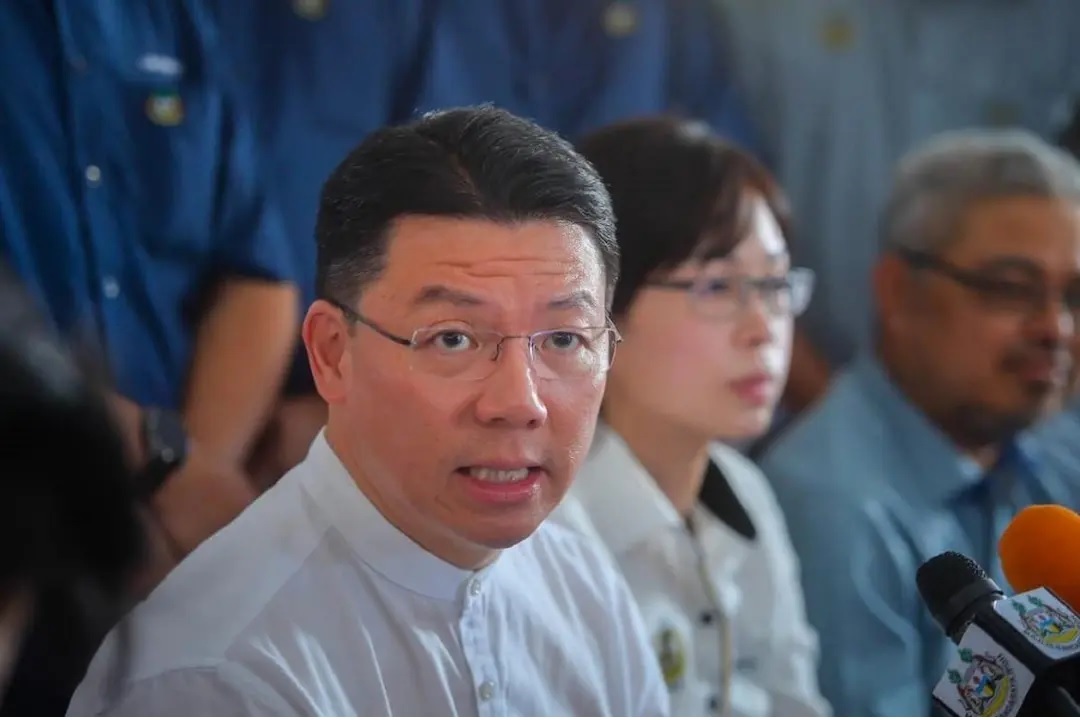Time to fine-tune the bumiputera discount
By Datuk Chang Kim Loong
OVER the years, the Malaysian government has put in place several policies to help citizens acquire a roof over their heads. Among them is the Bumiputera Housing Policy, which was introduced as part of the New Economic Policy in 1970 to reduce the income disparity between bumiputeras and non-bumiputeras.
In a nutshell, the bumiputera discount required property developers to:
> Reserve a percentage of their units for sale to bumiputeras only; and
> Sell the bumiputera quota units at a discount.
As land matters are under the purview of the state governments, the housing policy varies from state to state with the median being 30% for bumiputera quota and 7% for bumiputera discount.
As the bumiputera quota is more of a social issue and complex in nature, this article will only deal with the bumiputera discount.
The bumiputera discount has been credited by many quarters, including the National House Buyers Association (HBA), for enabling bumiputeras to buy homes, especially in the urban and suburban areas, and reduce the disparity of property ownership between bumiputeras and non-bumiputeras.
However, is such a blanket policy still relevant after more than 50 years of implementation?
Malaysia has grown by leaps and bounds since 1970 and the income level of the vast majority of bumiputeras has improved substantially. While it cannot be denied that there are still many bumiputeras in need of assistance, the discount may not be reaching them.
It has been alleged that the discount is being abused by affluent bumiputeras, resulting in the rising cost of property ownership for everyone.
As the discount applies to all categories of property and there is no limit to the number of properties to acquire, this noble policy is being exploited in several ways.
Luxury homes
The bumiputera discount was implemented with the intention of helping underprivileged bumiputeras. Unfortunately, when the policy was introduced, there were insufficient guidelines to prevent its abuse. Today, the bumiputera discount is implemented across the board, from low-cost properties to luxury homes costing more than RM1mil.
While it is understandable for the underprivileged to be given some form of assistance to buy homes, it is not acceptable when rich bumiputeras demand the same discount for luxury homes.
To put things in perspective, for a bungalow priced at RM3mil, a 7% discount comes to RM210,000 — enough to provide three low-cost apartments of RM60,000 each.
Multiple homes
Due to the lack of clear guidelines, there is no cap on the maximum number of properties bumiputeras can buy at a discount. This enables the affluent to acquire many units, thus depriving the underprivileged of owning homes.
Commercial property
The bumiputera discount is also being used to purchase commercial properties, which are to be used for business, not as private dwelling. There is also no cap on the price or number of commercial properties eligible for the discount.
Here too, rich bumiputeras are taking advantage of the housing policy to buy commercial properties and resell them at a profit. This drives up the overall cost of business, resulting in a higher cost of living for the rakyat.
Profit-orientated entities
Property developers are profit-driven. Hence, when a percentage of their units is sold at a discount, they mark up the prices of the other properties to ensure their expected level of profit is met. This increases the cost of property ownership for non-bumiputeras.
While it is true that the more fortunate should help the less fortunate, non-bumiputeras should not be subsidising rich bumiputeras in owning multiple properties. The HBA is urging the government to fine-tune the bumiputera discount to ensure that this noble policy reaches the right target group and is not abused. It recommends the following:
* Price cap and type of property. As the discount is meant for low-income bumiputeras, there should be a price cap of, say, RM500,000. This could vary from state to state and from urban to rural areas as it is widely acknowledged that properties in the Klang Valley, Penang, and Johor are more costly.
The type of property should exclude luxury homes, such as bungalows, semi-detached houses and penthouses/apartments. This means that only link homes and condos/apartments that cater for the masses will be eligible for the bumiputera discount. In this way, the discount will reach the right people.
* Maximum number of properties. Most Malaysians can only afford to buy one property in their lifetime; some are fortunate enough to be able to buy a second property for long-term investment and/or to fund their children’s education. Hence, the number of properties eligible for bumiputera discount should be capped at two. This will prevent the affluent from buying multiple properties at a discount.
* Only private residences should be eligible. Bumiputeras who can buy commercial properties for the purpose of business cannot be considered less fortunate. There are various other government agencies such as Mara, UDA and the Malaysian Industrial Development Authority that are better equipped to assist aspiring bumiputera entrepreneurs.
HBA believes that making a few changes to the bumiputera discount policy will lead to a healthier property market that will benefit all citizens. The housing sector has long been considered an engine of growth for the economy and it is in our best interests to ensure that the industry is not bogged down by outdated policies. To contact HBA, e-mail info@hba.org.my.
Source: StarProperty.my

















POST YOUR COMMENTS